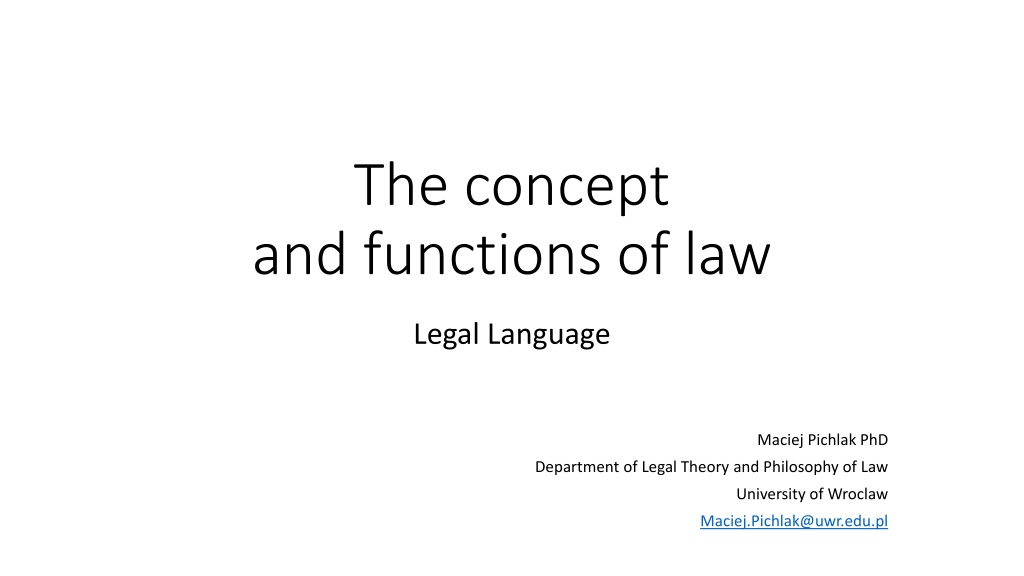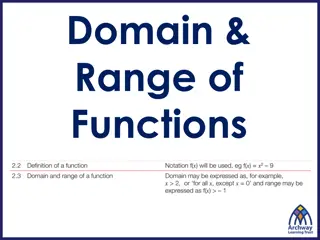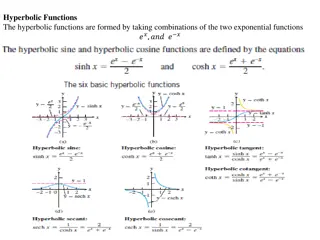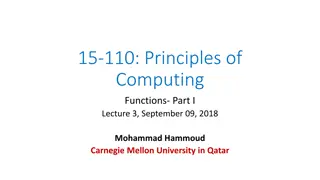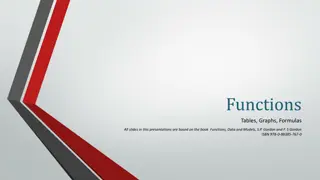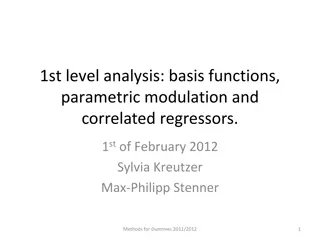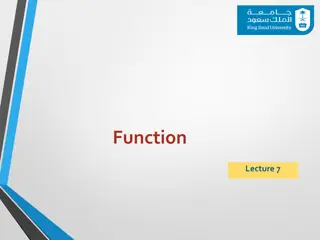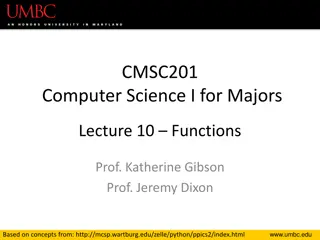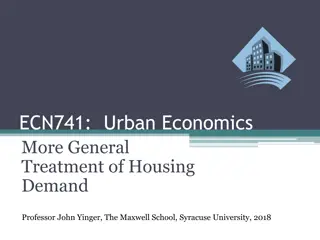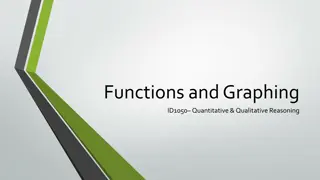Understanding the Concept and Functions of Law
Explore the profound impact of law on society through the lenses of legal language, social functions, and the multi-layered system of jurisprudence. Delve into the purpose of law, its role in guiding human conduct, and its importance in maintaining order and peace. Gain insights into the various functions of law, from preventing undesirable behavior to settling disputes and providing justice. Discover how law shapes our lives, relationships, and interactions as citizens of a legal empire.
Download Presentation

Please find below an Image/Link to download the presentation.
The content on the website is provided AS IS for your information and personal use only. It may not be sold, licensed, or shared on other websites without obtaining consent from the author. Download presentation by click this link. If you encounter any issues during the download, it is possible that the publisher has removed the file from their server.
E N D
Presentation Transcript
The concept and functions of law Legal Language Maciej Pichlak PhD Department of Legal Theory and Philosophy of Law University of Wroclaw Maciej.Pichlak@uwr.edu.pl
The laws empire 'We live in and by the law. It makes us what we are: citizens and employees and doctors and spouses and people who owe things. It is sword, shield and menace: we insist on our wage, or refuse to pay our rent, or are forced to forfeit penalties, or are closed up in jail, all in the name of what our abstract and ethereal sovereign, the law, has decreed. (...) We are subjects of law's empire, liegemen to its methods and ideals, bound in spirit while we debate what we must therefore do.' Ronald Dworkin, Law's Empire
The idea and the purpose of law https://www.youtube.com/watch?v=NifItiFuF3M
Social functions of law #1 To guide a human conduct To provide publicly ascertainable standards of behaviour To secure order and peace To justify acts of coercion To legitimize a domination of ruling class over other classes
Social functions of law #2 Gustav Radbruch: Justice, certainty, purposiveness ------------------------------------------------------------------- Joseph Raz preventing undesirable behaviour and securing desirable behaviour (criminal law, tort law) providing facilities for private arrangements between individuals (civil law) provisions of services and the redistribution of goods (administrative law, tax law) settling unregulated disputes (courts and tribunals) ------------------------------------------------------------------ Stabilization and innovation Organization Protection Repression and prevention (education)
LAW legal science (jurisprudence) normative system legal practices
Sources of legal order Legislation LAW Legal Legal practice doctrine
Law as a multi-layered system Shrek Principle 'Typical' rules, that is legal provisions which are formulated in legal texts (or other traditional sources of law), creates only a 'surface-level' of law. Next to this level, law includes also other components. Concepts of legal system and legal order
Legal culture A set of beliefs, attitudes and customs related to the valid law. Legal culture sensu largo and sensu stricto (culture of legal professionals). Legal culture sensu stricto is created by legal practices, legal science, and legislation
Components of legal culture methodical element (methods of legal reasoning) conceptual element (basic concepts of law) normative element (general legal principles) general doctrines
Methodical component Rules of validity Rules of interpretation [Rules of collisions]
Normative component: legal principles Typical' rules validity: formal criteria ('test of pedigree') application: 'all or nothing' fashion Principles are a part of 'institutional morality' validity: 'institutional acceptance' application: 'more or less' fashion (dimension of weight)
Deep culture and identity of law Alternative interpretations of deep culture: - Deontological (basic principles) - Teleological (telos - moral ideal of law) - Formal (basic formal qualities of law)
Law as a multi-layered system Discursive and practical knowledge Components of legal culture and their discursive expressions. The role of deeper layers: they are preconditions of legal practice they define the limits of law they are a yardstick for criticism of law
